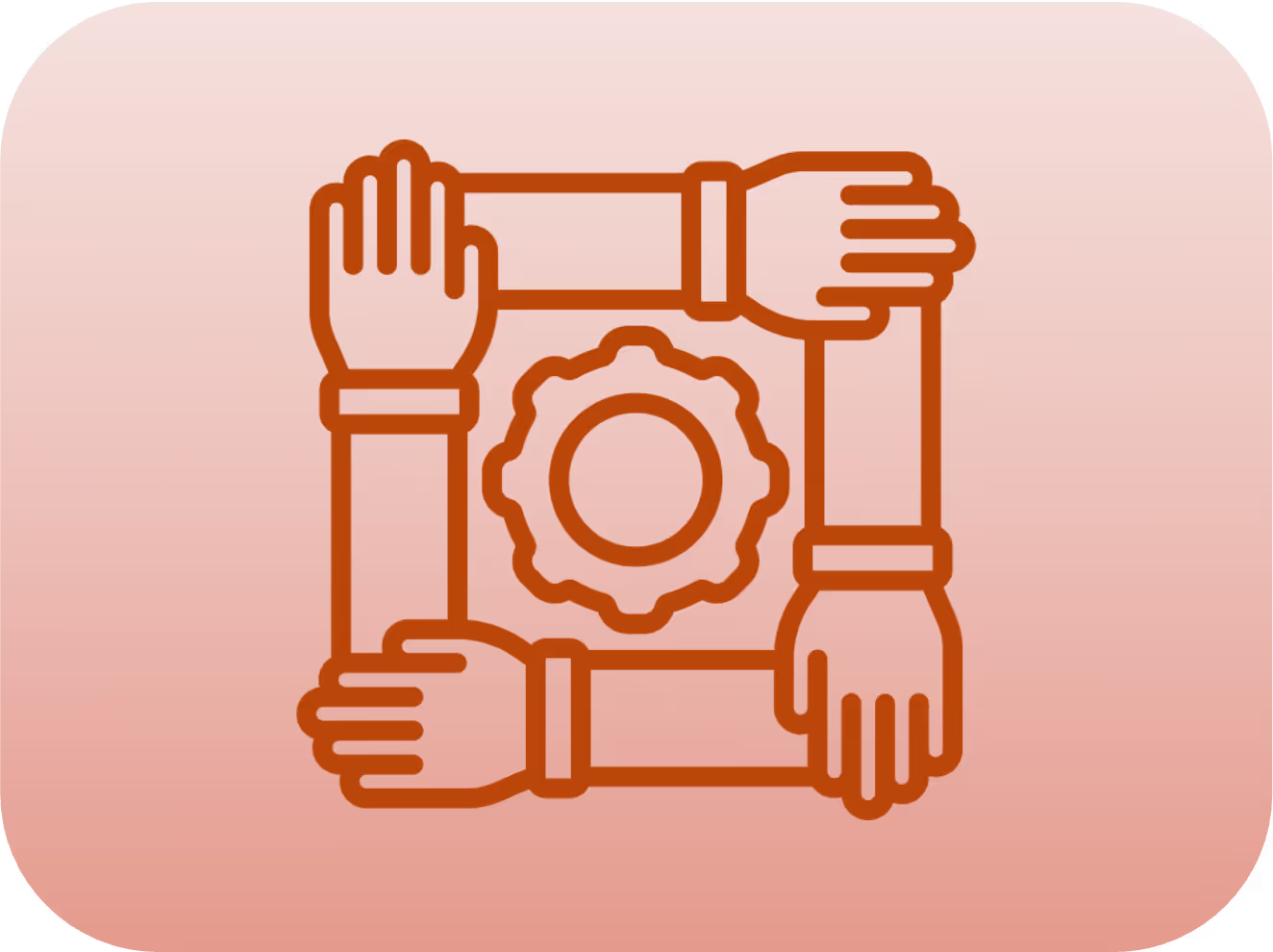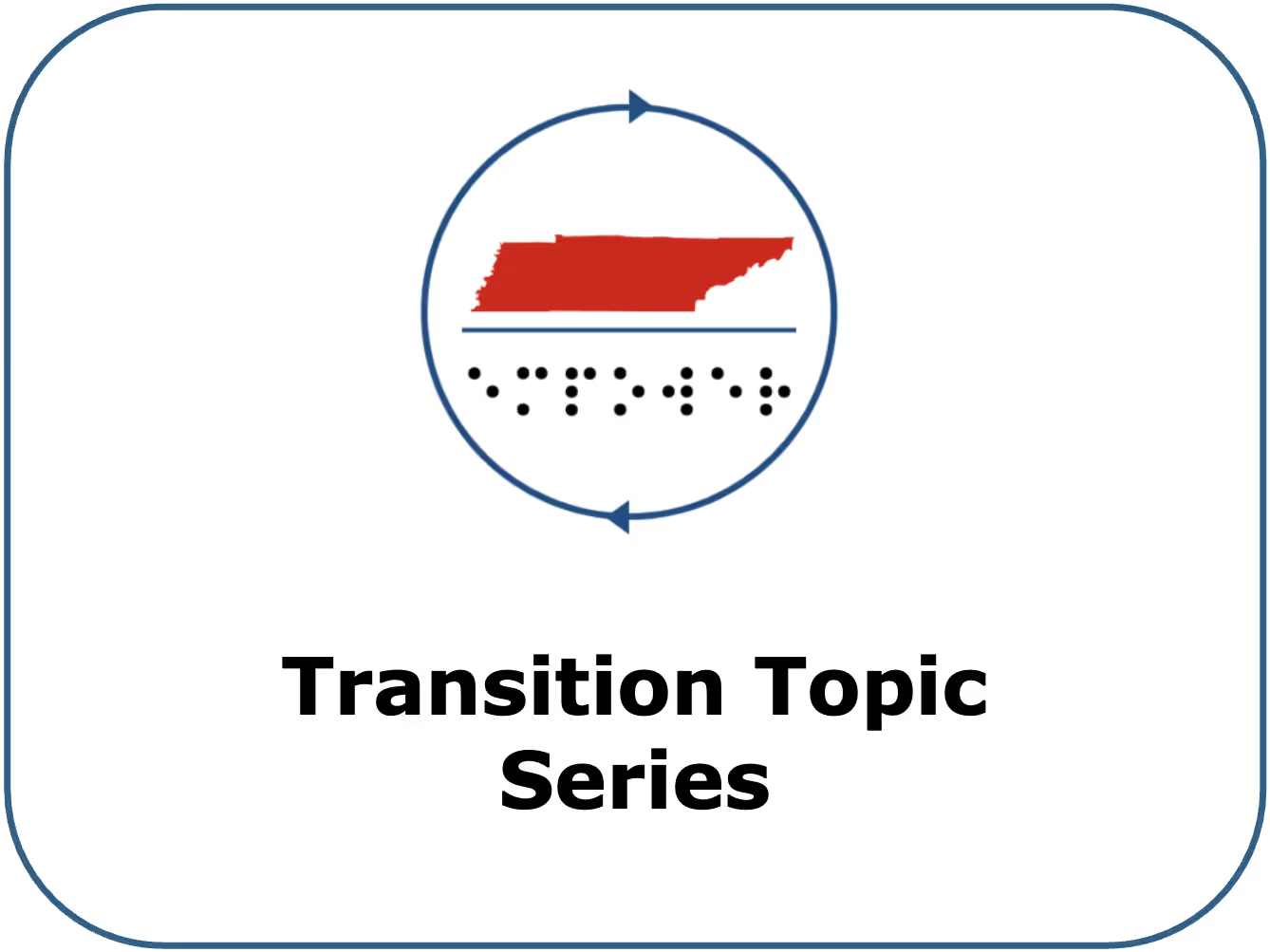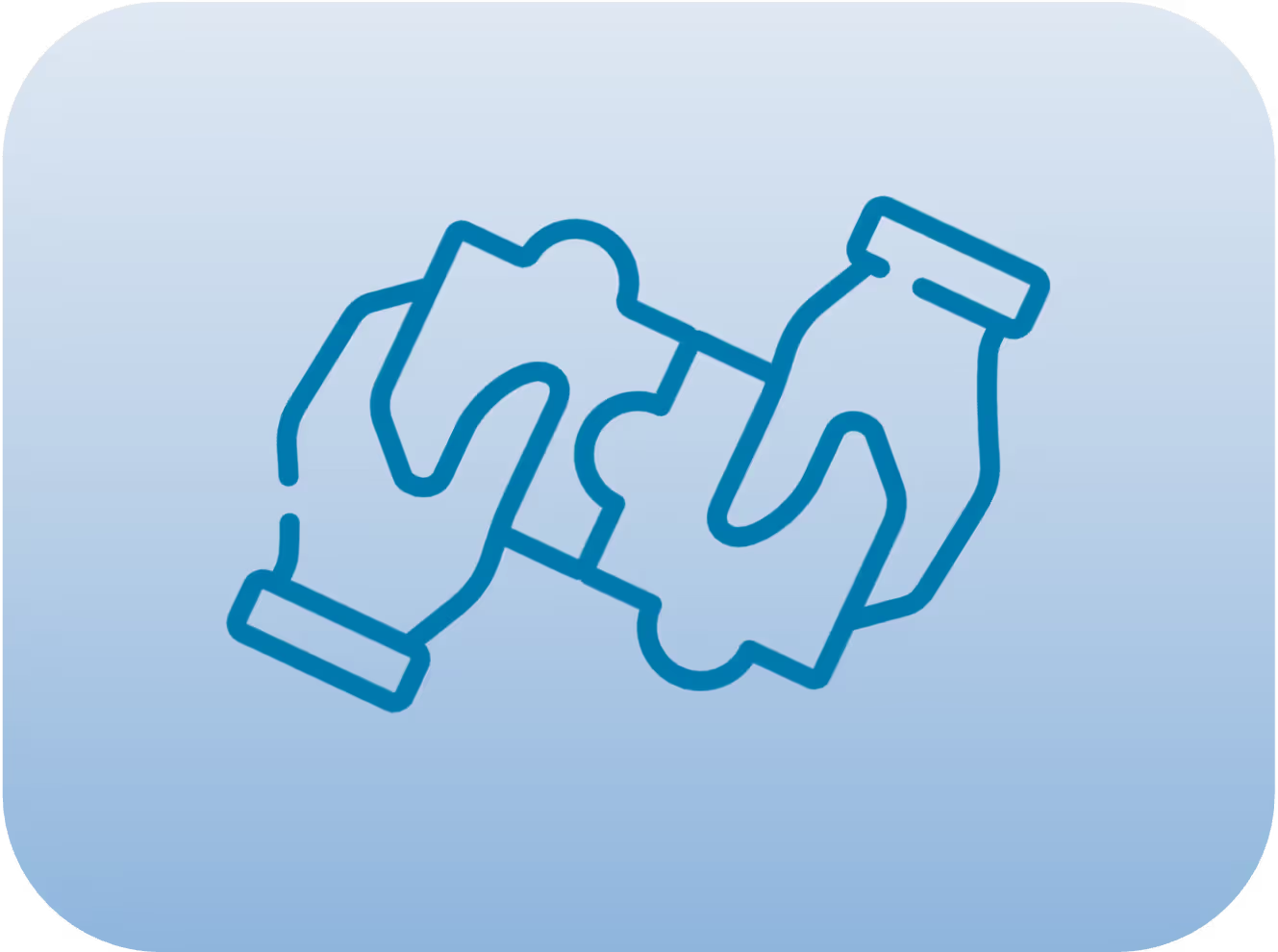Informal Supports to Strengthen Student Transition Informal supports are local community resources that can help students build strong relationships and get involved in their communities. Informal supports are provided by non-professional, non-paid individuals within a student’s personal network. Examples of informal supports can include family members, peers, local employers/businesses, coaches, fellow faith community members, etc. Informal community supports can be a major help to support independence, inclusion, and skill-building for transition-aged blind and low vision youth.
Below are some ideas and resources for building or finding informal support opportunities. After reading the list, we encourage you to think of other supports available to your students and their families that are more centralized to your location.
Informal Community Supports Community Centers/Park Districts: Many centers offer accessible youth programs, sometimes in collaboration with disability organizations, making them a valuable source of informal support and social opportunity. Faith Communities: Faith groups can create a supportive, inclusive environment for individuals through informal initiatives that emphasize friendship, understanding, and practical help. Library Programs: Libraries often have inclusive events for teens, and some may have specific resources or accommodations for those with visual impairments. Chamber of Commerce: Though Chambers of Commerce do not provide direct services, community members can access many of their resources. These include information on job and internship listings and employment opportunities locally. Additional organizations that provide opportunities include community colleges (free adult education opportunities) and workforce development centers (e.g., American Job Centers). Social and Recreational Groups Sports Leagues/Special Recreation: Some communities have sports leagues for blind/low vision youth, like goalball, beep baseball, or adaptive bowling. These leagues can be great for socializing, physical activity, and teamwork. Additionally, organizations such as Strive4You offer adaptive sports coaching and training to meet individual needs. Art and Music Groups: Adaptive art or music programs are often available through local arts organizations or community centers and can be great outlets for creativity and self-expression. Local Youth Groups: General youth programs, such as the YMCA, Scouts, or after-school clubs, may be willing to adapt activities or provide additional support. Youth leadership opportunities might also be available through organizations such as United Way , Kiwanis Club , Rotary Club , or 4-H . Community Recreation Centers: Local parks and rec centers often host sports leagues, clubs, and activities. While not always specific to visual impairment, many facilities are ADA-compliant and will work with participants to provide accessible options. Public Parks and Nature Programs: Some public parks and outdoor organizations offer accessible trails, nature programs, and guided tours that accommodate visitors who are blind or have low vision. Adaptive Equipment Rentals: Some sports complexes and gyms offer adaptive equipment rentals (like tandem bikes or accessible weight machines) which can open up new recreational activities. As well, many bowling alleys offer guide rails that enable blind bowlers to participate. Educational Support Resources Tutoring Services: Libraries and community centers may offer tutoring or study support, which can be adapted for blind/low vision students by using accessible materials. Tech Help Programs: Libraries and other public spaces often have tech support programs that can introduce youth to screen readers, braille displays, and other assistive tech, which they can use in academic and personal contexts. Youth Support Organizations Local Blindness Organizations: Many cities or states have blindness support organizations that offer activities and resources. They may have youth councils, support groups, or events that provide informal peer support.Vision Loss Nonprofits: National organizations like the National Federation of the Blind (NFB), American Foundation for the Blind (AFB), and Lighthouse for the Blind have various programs and events aimed at supporting young people. Events, summer camps, and conferences can be great opportunities for meeting other youth.Social Services and Counseling Mental Health and Counseling Services: Community mental health centers, schools, and nonprofit organizations often provide youth counseling services that can help address unique challenges faced by youth with visual impairments, such as navigating social situations, building confidence, and dealing with discrimination. Life Skills Programs: Many social service organizations, such as World Services for the Blind and Lighthouse for the Blind provide life skills classes for young people, including budgeting, cooking, and time management. These classes often welcome youth with disabilities and can provide an environment to learn practical skills. Peer Support Programs: Some schools, community centers, and youth programs offer general peer support, mentorship, or buddy systems. These programs can help blind/low vision youth connect with others and feel included. Local Disability Advocacy and Resource Centers Independent Living Centers (ILCs): At least one ILC exists in each state and provides training, support, and resources for individuals with disabilities. Support they provide can include help with daily living skills, housing resources, and more. ILCs have recently become more involved in providing youth services (e.g., as contracted Pre-Employment Transition Services (Pre-ETS) providers); they also can offer services in schools to supplement educator services, such as Pre-ETS courses and Individualized Education Program (IEP) advocacy lessons for students. Nonprofit Advocacy Groups: Many local disability advocacy organizations such as Lions Club and Big Brothers Big Sisters support access to resources, accommodations, and policies that benefit individuals with disabilities in general, indirectly supporting blind/low vision youth by advocating for inclusive community resources. Community Workshops and Panels: Some local organizations and advocacy groups host public workshops on disability awareness, accessibility, and inclusivity. Attending these or encouraging friends, family, and educators to participate can help raise awareness and support blind/low vision youth in the community. 





